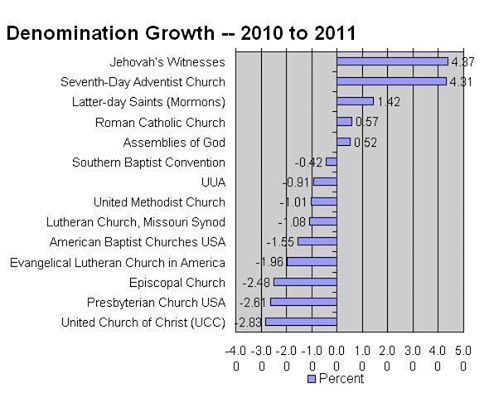There are many horrific things in the Bible. This story, however, is my nomination for the most cruel and damnable tale in the Bible.
First some background: The Hebrews recently invaded Canaan, destroyed many cities, killed many people and then, as they were camped near Midianite territory some of the Midianite women “invited” the Hebrew men to join them in sexual exploits and worship of locals gods (Numbers 25:1-2). The Hebrew men were not forced to participate, they chose it themselves. Moses, purportedly at Gods initiative issues the command to be hostile against the Midianites.
Some time passes and the Bible depicts God as urging the Israelites to go back, and wreak revenge on the Midianites for inviting some of the Israelite soldiers to join them. So the Israelites attack and utterly destroy all of the enemy combatants, leaving only the defenseless women (many who are no doubt pregnant or elderly), as well as the little boys and girls. These little women and children are spared to be kept as slaves. (Numbers 32:9-10)
Then Moses angrily commands that these defenseless captives be killed. This includes weeping grandmothers, pregnant women, mothers with their children weeping in their arms. (Numbers 31: 17-18). The little boys, all those who were too young to fight as well as babies, are also to be brutally executed.
And finally, when it comes to the little girls, those that are virgins are given away as booty to the soldiers, while all others are to be massacred. In every single military victory in recorded history, the winning army rapes girls, this is an unchanging historical regularity. And while this is not explicit in the text, it’s more than likely these girls became concubines (sexual slaves) as this is accepted elsewhere in Israelite culture, and there are even biblical laws that permit Hebrews to take captives for sexual purposes (Deut 21:10-11). Little girls given away to the same men who had just brutally executed their families.
Even if these girls are not used for sexual purposes, one must imagine the absolute horrors that these tiny girls experienced. Imagine a tiny seven year old sweetheart, seeing her defenseless pregnant mother being viciously sliced open and falling dead on the ground. Imagine the agonizing screams as she sees her younger brothers, grabbed by calloused soldiers hands, and heartlessly stabbed, beat, pierced until they choke on their own blood.
This, ladies and gentleman, is the Bible you don’t read.




 When I was younger, I was a staunch young earth creationist who feverishly hated Charles Darwin. I considered him a liar, fraud, and an angry atheist. I even created a website, called “Darwin’s Deception.” Yet real story of Charles Darwin shows that he was not a villain, in fact, I would gladly call him a friend.
When I was younger, I was a staunch young earth creationist who feverishly hated Charles Darwin. I considered him a liar, fraud, and an angry atheist. I even created a website, called “Darwin’s Deception.” Yet real story of Charles Darwin shows that he was not a villain, in fact, I would gladly call him a friend.